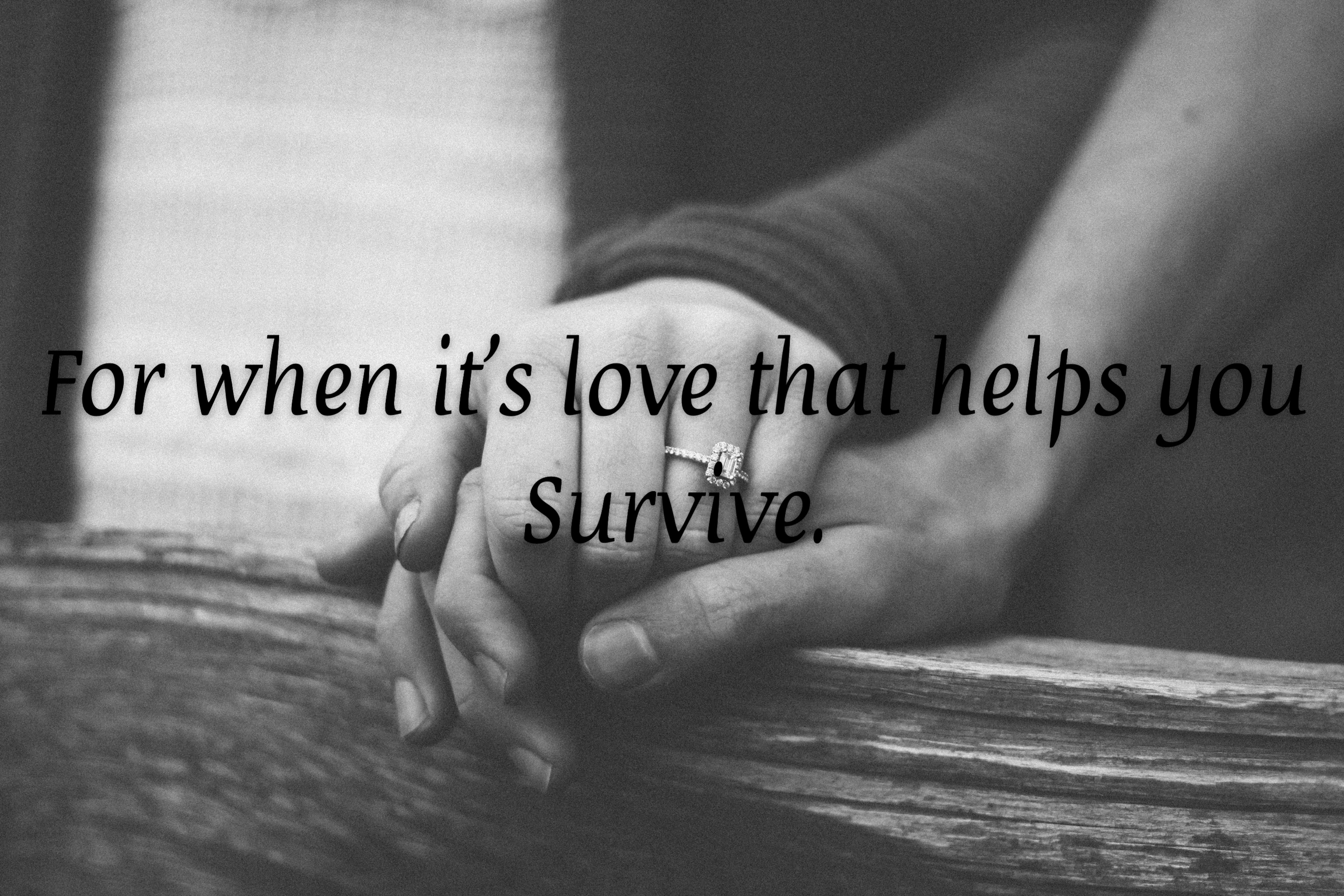- Grief can surface in unexpected situations: Grief isn’t just something one feels after losing a loved one. Grief can occur after any type of loss, from something as simple as a loss of daily routine to grieving the person someone once was before an illness. Dr. Needs Gould, Ph.D, director of the Mindfulness Program at John Hopkins University School of Medicine, says, “Any change or transition to a new phase of life can cause grief.“ I know I had to grieve the loss of a life I was not going to have when my husband and I decided we weren’t going to try for a baby any longer. I had to mourn the loss of holidays and birthdays, graduations, and even grand-kids. It was something that was very hard to let go, but over the years, I have accepted my place in the world and have learned to move forward.
- Grief can show up in the body as pain or sleeplessness, weight gain, or even depression. It doesn’t always have to be that someone is crying their eyes out or even crying at all.
- Grief can be expressed in different ways and at different times. The “classic stages of grief” anger, denial, depression, bargaining, and acceptance, don’t have to happen in a particular order. Everyone experiences grief differently.
- Grieving before a loss is common, too. For example: If someone you love has been diagnosed with a terminal illness, you may feel the pain and grief before the actual loss has even occurred.
- Other’s may not know how to react to your grief. I dealt with this a lot and still do, in some cases. Others just couldn’t understand why I would be so upset over pregnancy announcements or Baby showers. They had no idea what it felt like to lose what I had lost. It is still very difficult, sometimes, but something I work through b y making my healing my first priority.
- Remembrances, memorial services, and symbolic actions REALLY DO MATTER. They allow us to find a sense of closure and acceptance.
- Triggers! Triggers are sounds, words, song, smells, anything that can take you back to a moment where you are reminded of your loss. They can happen for the rest of your life. Grief never really goes away, we just get used to not having the love around. That is what grief is, grief is what love turns into after a loss. It’s the cost of love.
- Having someone you can talk to about your true feelings is crucial. A good example, if your body is sick, you see a doctor. If you are emotionally ailing you need to speak to someone to work through the pain. There is NO SHAME IN ASKING FOR HELP!
- You are not crazy for loving something or someone so much that someone else can’t understand. I still grieve the loss of my little Yorkie, Chloe, but some who have never loved a dog may not be able to understand that grief. It doesn’t matter, if you feel it, it is real.
- Know this-You will be able to feel happy again. It doesn’t seem like it at first, but you will laugh and love again.
Written by: Dayna Mohan


